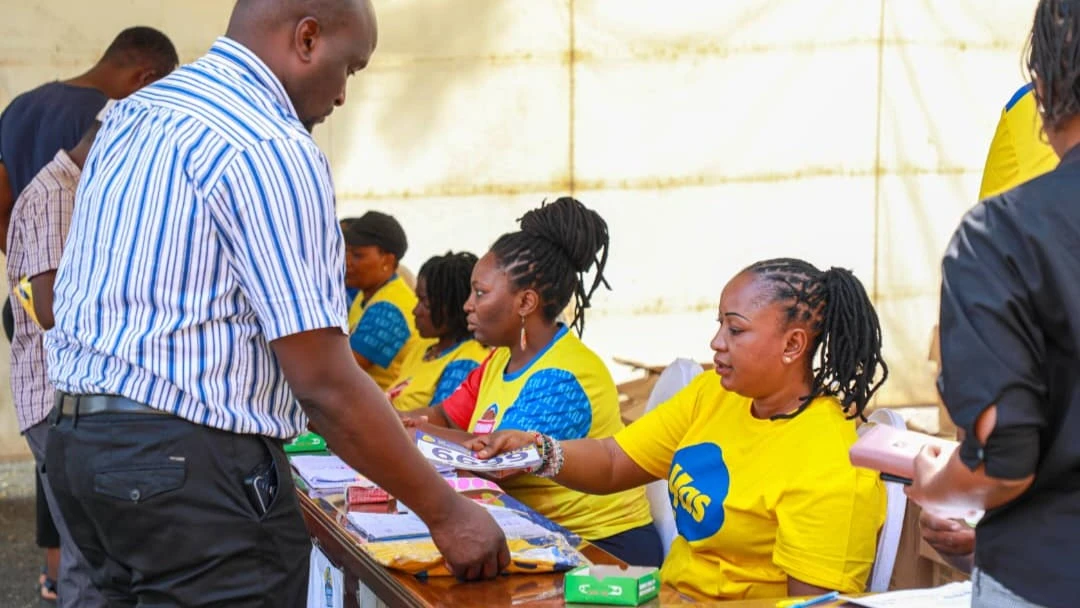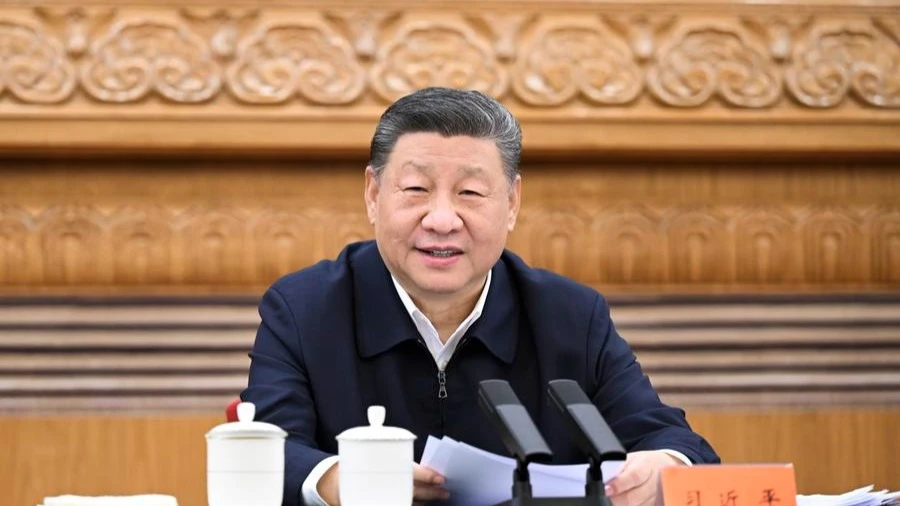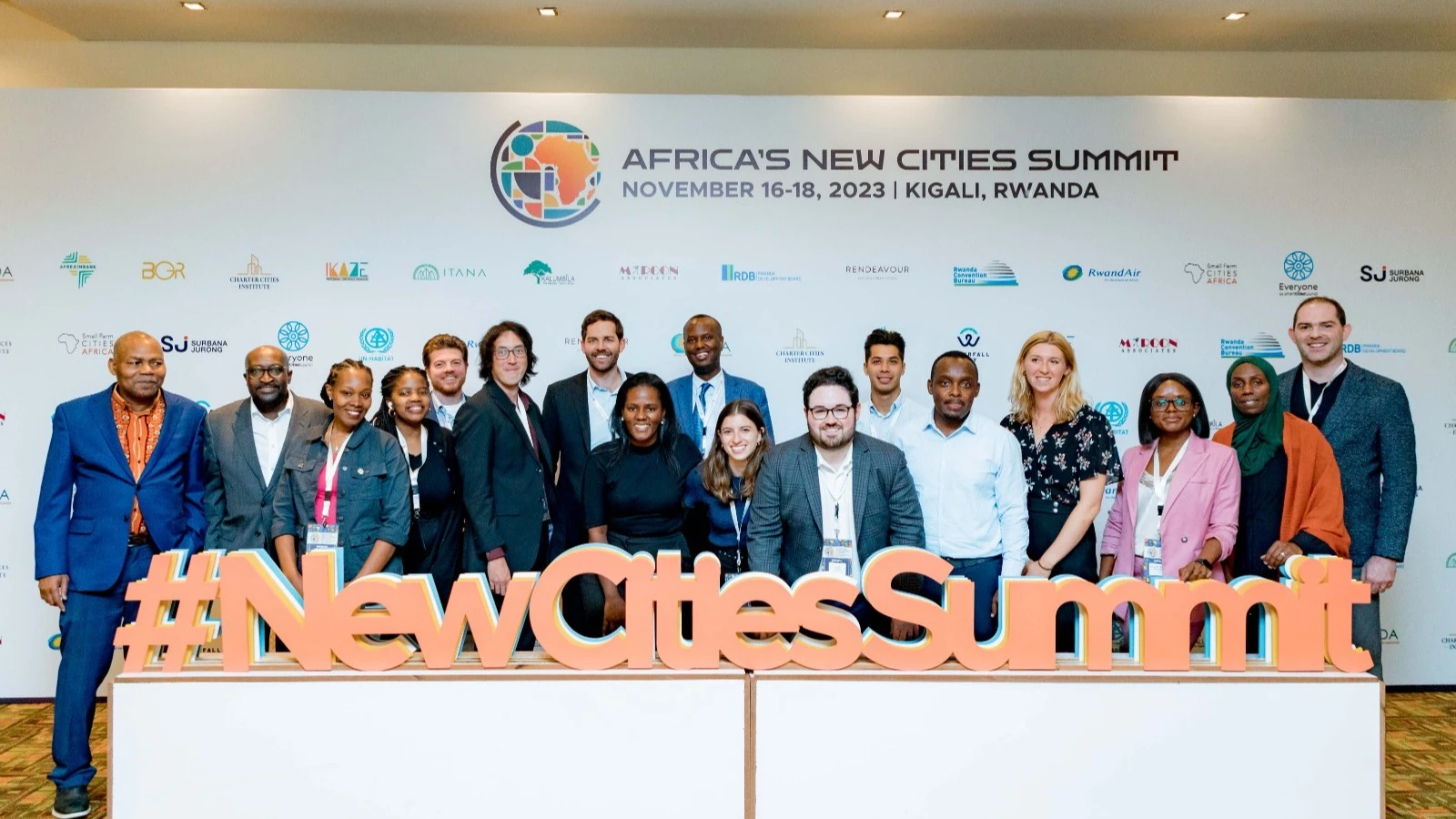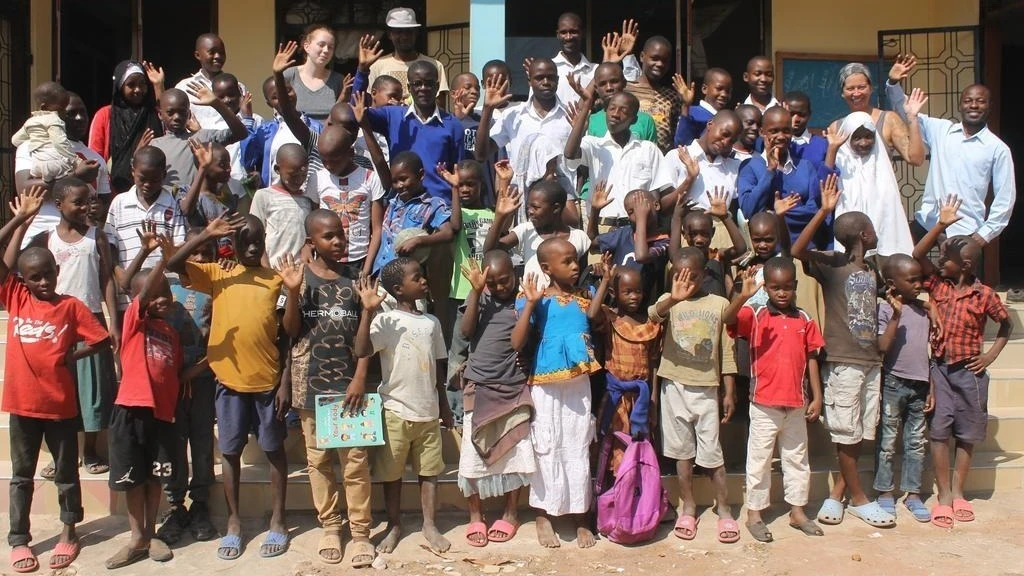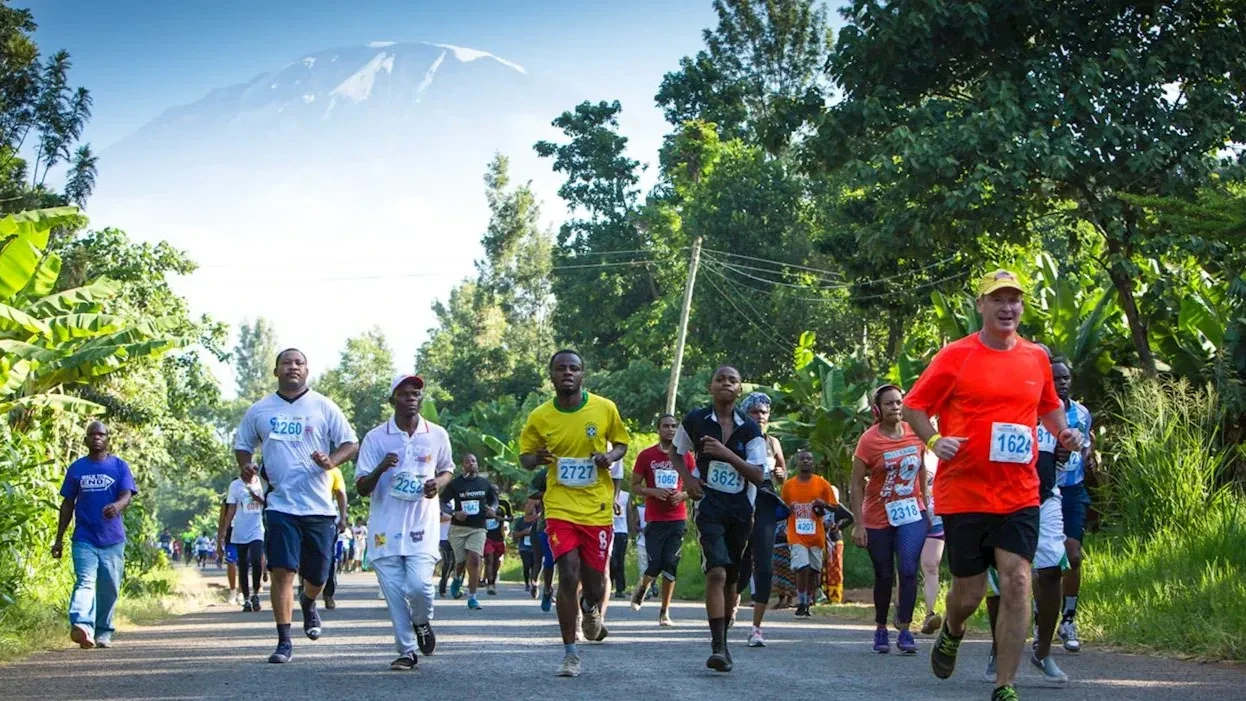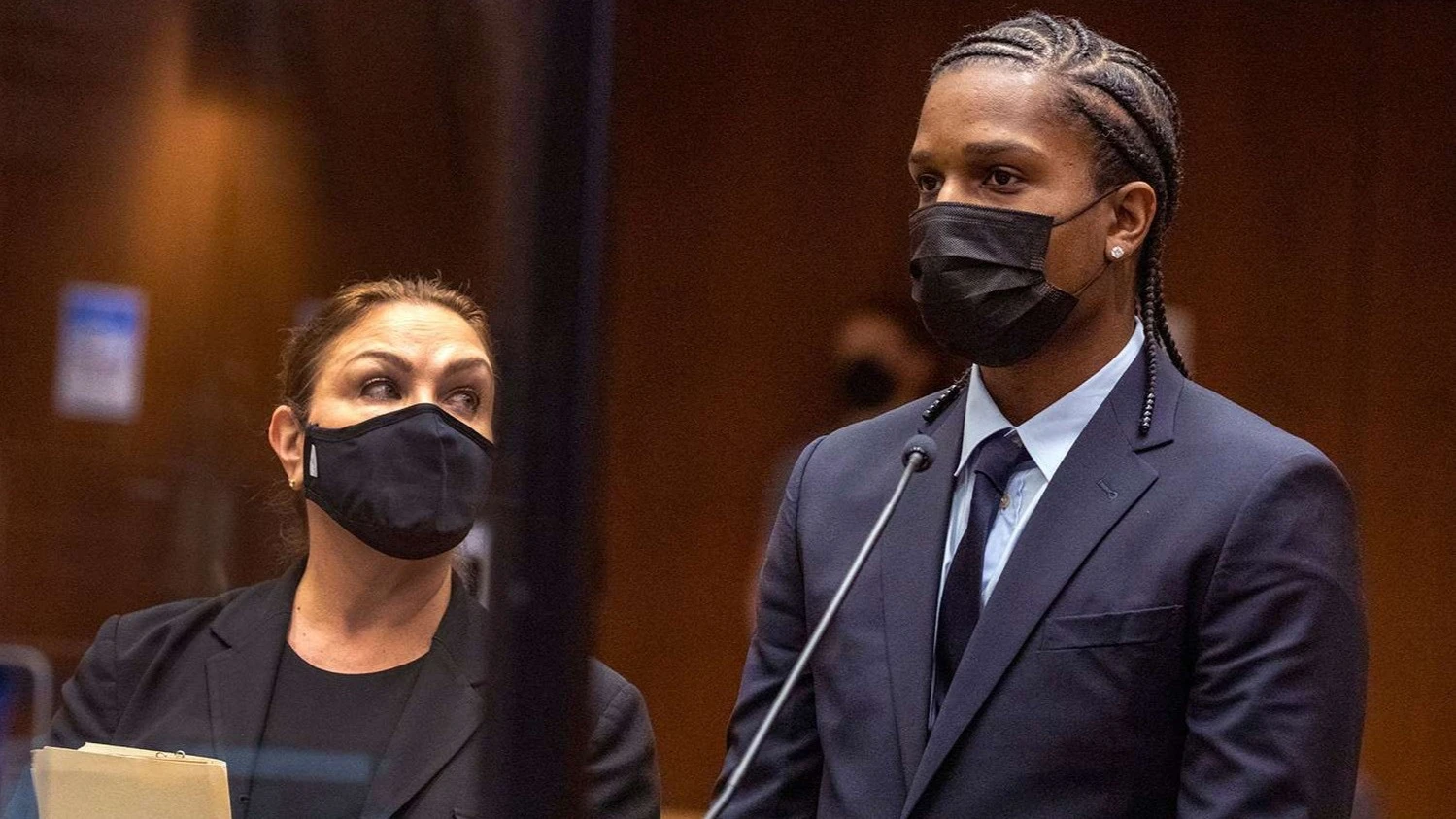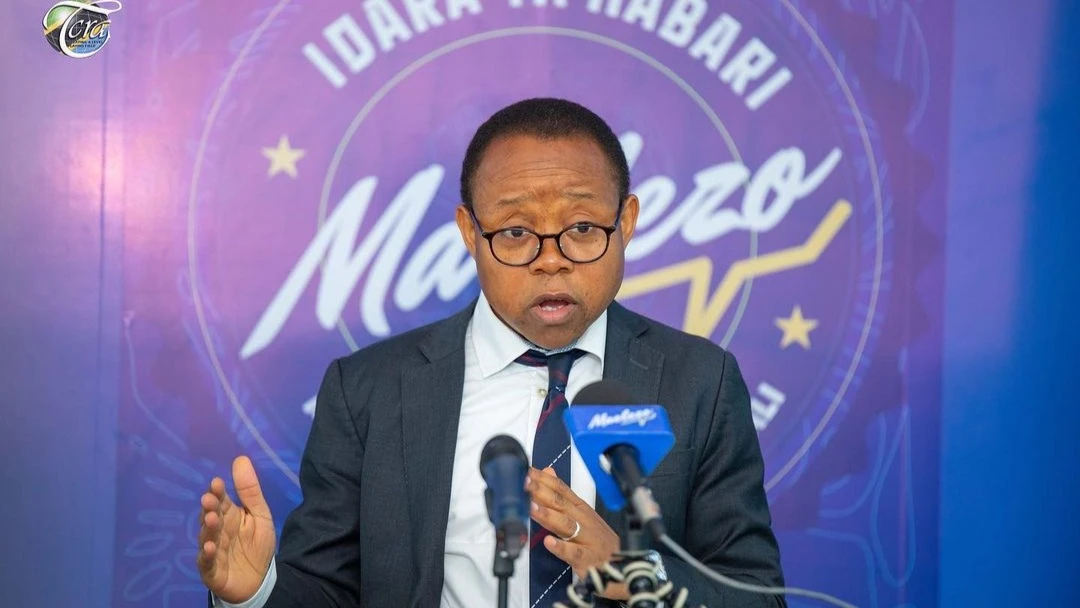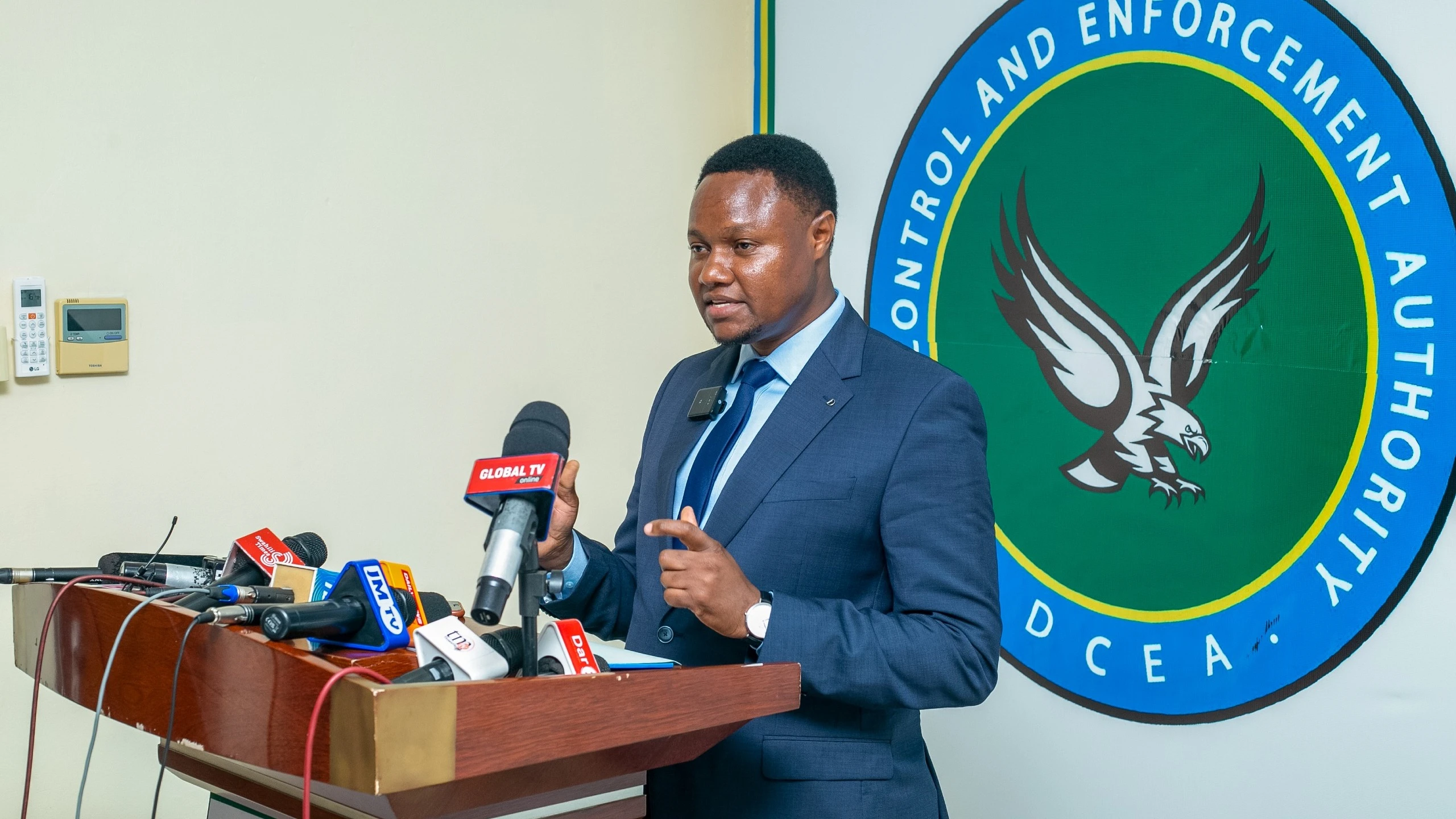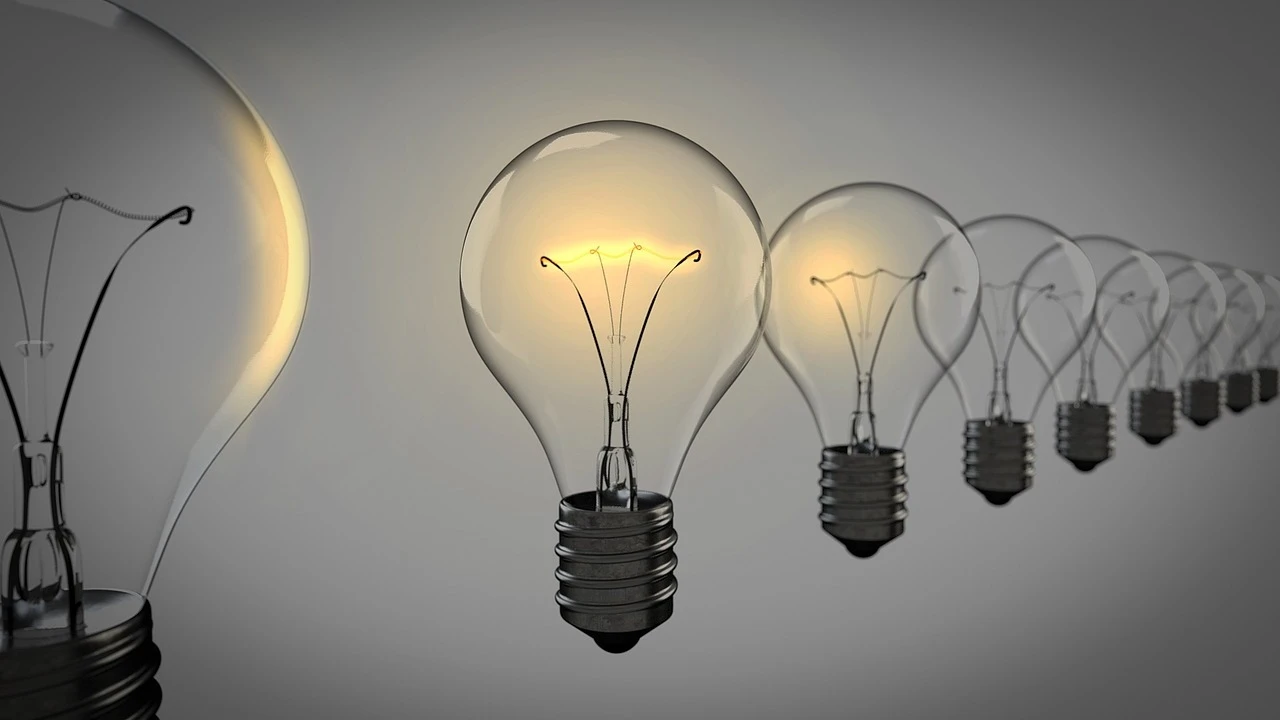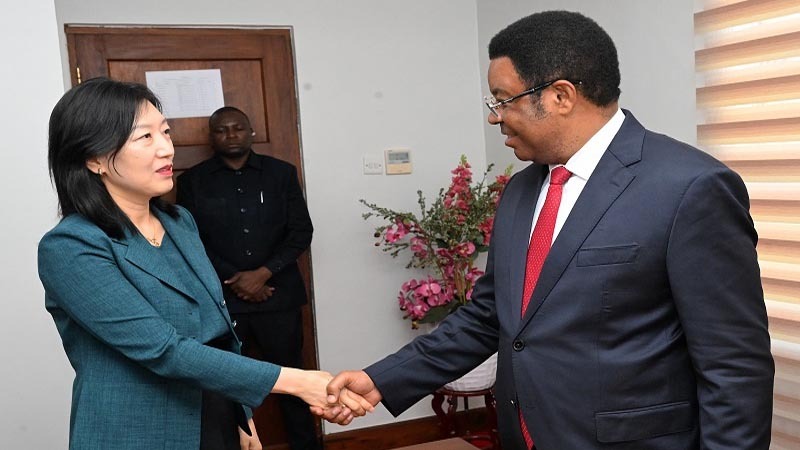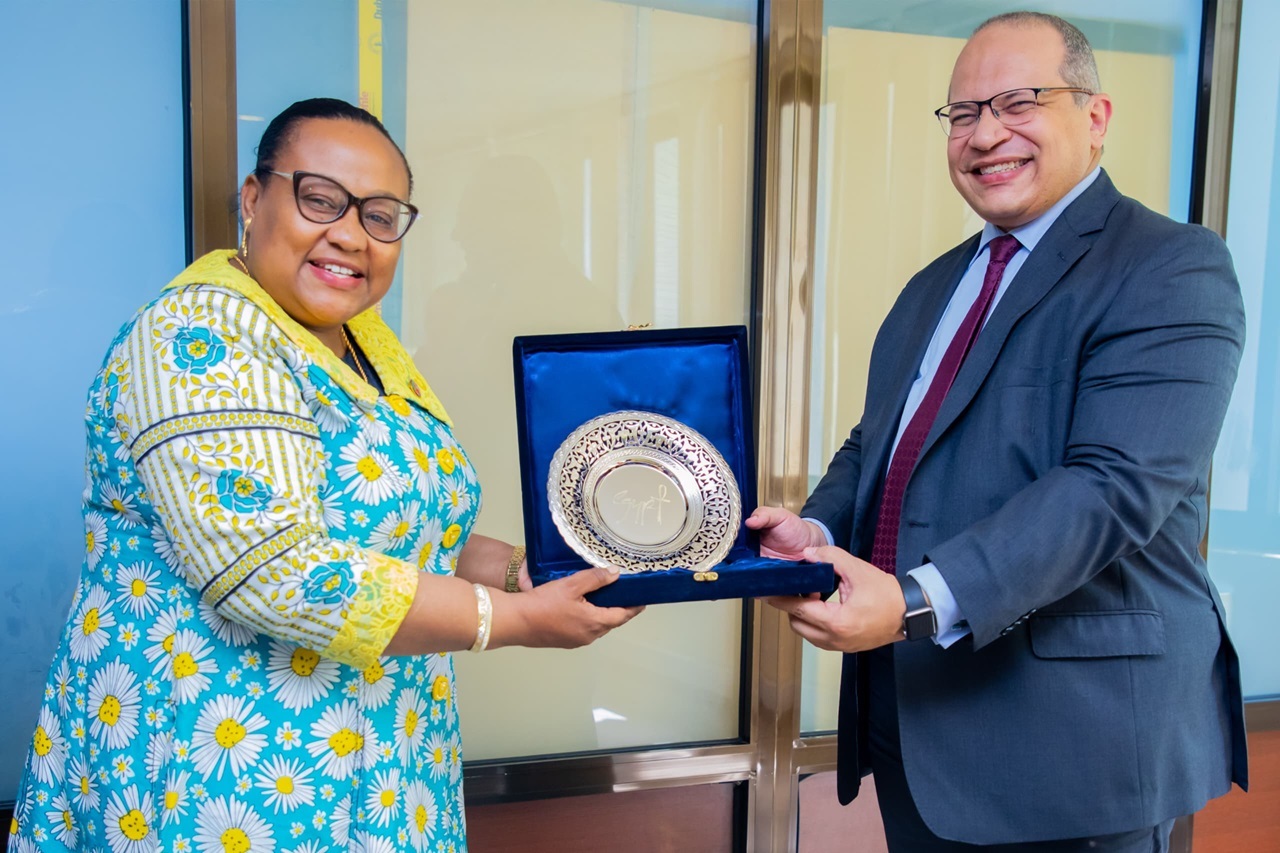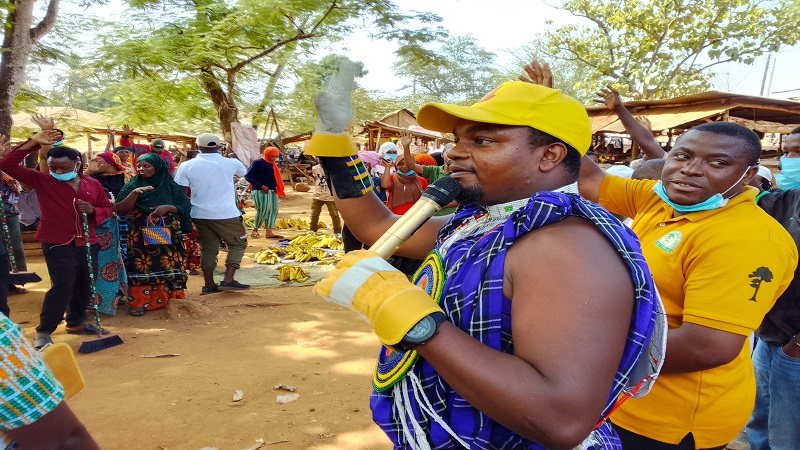Struggling with scarce, costly clean water in Dar city

God created water as the world’s free resources for all living organisms, although some humans can’t get the precious liquid without dipping into their pockets.
Unless those who live closer to the river, lake or other fresh water sources, where water is accessible for free and plenty; but living in urban area, it is impossible to get such a privilege.
In Dar es Salaam, the city of up to six million residents, water is a scarce and expensive commodity to most of the households. Sometime, water turns deadly, especially during rain seasons, which are associated with floods.
The city, which is surrounded by salty Indian Ocean water on the East, useless for any domestic use, rather than swimming or fishing; access for clean and safe fresh water for drinking and other household use, is unpredictable and costly.
The supply of fresh water in Dar es Salaam city is provided by both public and private suppliers (registered and non-registered), charging different prices on different quantities, which caused instability of prices, an outcry of consumers.
The city residents say they are currently incurring skyrocketing of unregulated prices of clean water, mostly supplied by unregistered vendors, scattered across the streets of the city.
Sometimes, these suppliers are posing health-risks to the majority of water buyers, as they don’t know where water is obtained. Responsible authorities bask in success while taxpayers demand reforms.
RoseMziwanda (36), a mother of two daughters, resident of Luguruni suburb, o the outskirt of the city said that her family consumes at least five buckets of 20 liters each of water on a daily basis for domestic uses.
Each 20 liters package of water she buying from street water vendors daily cost her 200/-, which translates into a daily spending of 1,000/- a 30,000/- a month. When there is water rationing from the public city water authority, the price doubles.
“I sometimes buy water from my neighbor who has drilled his own well. It cost me 100/- for a 20 liters bucket,” said Mziwanda.
She owns a 1,000 liters plastic tank for harvesting rainwater that she can consume for a maximum of only ten days.
She asserted that in case she is well-off during dry seasons, she pays 15,000/- to the Dar es Salaam Water Supply and Sanitation Authority (DAWASA) bowsers for being supplied with the 1,000 liters.
Mziwanda revealed that the plastic tank is most useful to her during rain seasons, but during dry seasons, it cost her 45,000/- a month to fill in water.
“Access to clean and safe water is our basic right as citizens. I wonder if the government really cares about us. Access to water shouldn’t be a business for earning people profits but a basic social service,” said Mziwanda.
The small scale entrepreneur blamed that at the time water rationing is high in the city, government primary school pupils are forced to bring gallons of water from homes for watering flowers.
She said during the dry seasons, her two daughters carry five liters of water gallons each to school twice a week.
Gladness Kambi (35) Kipunguni resident said that when the cost of living is getting worse as days pass by, costs for access to safe water is even making life harder.
Everlasting Lyaro, DAWASA’s Acting Head of Communication Department, said that currently there isn’t water rationing in Dar es Salaam.
According to her, clean and safe water supply in the commercial city has reached 93 percent of all over five million residents.
“There is no single place in Dar es Salaam which is not supplied with clean and safe water. All distribution infrastructures are in good condition. Places like Luguruni might be facing a shortage due to geographical features,” said Lyaro.
The National Bureau of Statistics (NBS) Population and Housing Census results 2022 shows that the city’s population increased to 5,383,728 in 2022 from 4,364,541 in 2012.
ACT Wazalendo Water Sector Spokesperson, Yasinta Awiti said that in the past three consecutive years the water ministry budget ratio to the central government’s total budget dropped to 1.7 percent in 2023 from 2.2 percent in 2021.
“On the way forward the government should increase the current budget that stands at 756.21bn/- by five percent. It should also allocate a special subsidy for water management authorities to smoothly observe their duties,” said Awiti.
The writer of this piece has learned that Article 8 (1) (b) of the Constitution of the United Republic of Tanzania 1977 highlights responsibilities of the government to the people as it states: ‘The primary objective of the government shall be the welfare of the people.’
However, Article 9 (D) (i) of the ruling party Chama Cha Mapinduzi (CCM) Manifesto for 2020/25 states: ‘The party shall ensure that the government speed up connection of clean and safe water to 85 percent in rural areas and over 95 percent in urban come 2025.’
Makurumla Ward CCM Secretary Omar Suleiman, in Ubungo district, said that the party’s manifesto targets have been met at the national level since 2022.
“There’s still a challenge to access clean and safe water in Makurumla but it's available at least four days a week. Infrastructure for water connectivity is a challenge though I’ am sure that will be addressed before 2025,” said Suleiman.
Bakari Kimwanga, Makurumla Ward Councilor, said that for a Kimamba street resident in the ward to access water, they must walk to Mtambani street of Mzimuni Ward in Kinondoni district which is one kilometer away.
“In Makurumla people do pay a minimum of 200/- for a 20 liter bucket. Water kiosks have been invaded and fenced for other activities that we don’t know,” said Kimwanga.
According to him, DAWASA operates under the ministry of water instead of district councils where councilors could hold accountable officials in terms of budget allocation and implementation of projects.
Paschal Linyamala, Majohe Ward Councilor in Ilala district admitted 80 percent of the ward’s residents use water fetched from drilled wells.
He said DAWASA water taps can go beyond a month without water and hardly supply water for seven days non-stop.
“Water from drilled wells is not safe. You may find that the well is drilled at a place where five years ago there was a pit latrine,” said Linyamala.
The Water Resources Management Act No. 11, 2009 states that after assessment by the water authority, a person shall be granted a well drilling permit for both domestic consumption and major water projects.
In Dar es Salaam, the permit for drilling a well for domestic purposes fetches 60,000/-. DAWASA issues the permit alongside another 100,000/- annual fee for water consumption.
For major water projects, the approval of the National Environmental Management Council (NEMC) is required for environmental and social impacts.
Kuruthumu Mnyete (30) Jitegemee suburb resident in the city said that DAWASA bowsers sell a 20 liter bucket at 500/-.
“Access to water is a daily struggle here. The ward councilor has said he has no powers over DAWASA operations,” said Mnyete.
According to DAWASA’s current water pricing rates, a Dar es Salaam resident whom it supplies water pays 1,663/- per cubic meter and 33.26/- per a 20 liters bucket.
Dotto Yotham (32), Tabata Kisiwani resident said that at the highest point of water rationing in Dar es Salaam a 20 liter bucket cost him 1,000/-. He consumes three buckets a day.
“The price is most likely to pile up as the rationing persists. There must be people who benefit from the water crisis in Dar es Salaam,” said Yotham.
Nassoro Yahaya, Project Manager, Ileje Environmental Conservation Association (IECA) argued that the water crisis is not only for Dar es Salaam residents but also affects people living in the upcountry.
For instance, he said, the majority of government primary and secondary schools are not connected to clean and safe water taps.
He said girls in schools face a challenge not only of sanitary pads but lack of water to clean their bodies when in menstrual cycle period.
“People shouldn’t be walking over a kilometer from their homes in search of water for domestic consumption,” he recommended.
The National Water Policy 2002 states that the government shall lay down infrastructure that will enable people to access clean and safe water in a distance that doesn't exceed 400 meters.
Nehemiah Nnko, Medical Doctor at Magu District Hospital in Mwanza Region said that contaminated water and poor sanitation are linked to transmission of diseases such as cholera, diarrhoea, dysentery, hepatitis A, typhoid and polio.
“Inappropriately managed water and sanitation services expose individuals to preventable health risks,” said Nnko.
Tanzania Water and Sanitary Network (TAWASANET) Chairperson Engineer Herbert Kashililah, said that water is life and sustains the economy.
“The government bears the duty of making sure that water is protected, conserved appropriately and governed through equitable allocation,” said Kashililah.
He cautioned the government to take into consideration the rapid growth in population with long term plans that also targets at containing climate change effects.
“I suggest that the best way forward is for the government to embrace public-private partnership investments if the water crisis is to be addressed in Dar es Salaam and the whole country,” said Kashililah.
The Tanzania Gender Networking Programme (TGNP) had prior to this year’s Water Week commemoration conducted a one month survey on access to clean and safe water in Dar es Salaam, picking Ilala, Kinondoni and Ubungo districts as areas of the survey.
The survey involved 100 interviewed respondents from the three districts who were required to respond on four questions: Is clean and safe water supplied in your area of residence?
For Ubungo district respondents 21.4 percent said water is available but not clean and safe while 78.6 percent responded that there wasn’t water supply.
The second question was what are the sources of water in your neighborhood? 21percent said from the streams, 13.7percent said no permanent source, 14.2 percent said from neighbors, 51.1 percent said they fetch water from taps and drilled wells.
The third question was what time do you spend in search of water? 42.8 percent said it takes four hours, 28.5 percent said it is within 100 meters from home, 7.1 percent said three to ten minutes mostly from rain, and 21.6 percent said it takes 30 minutes.
The fourth question was what are the social groups mostly affected in search of water? 71.4 percent said women are most affected 7.1 percent said elders, 7.1 percent said men and 14.4 percent said children.
The TGNP survey results showed that interviewed respondents from Ilala and Kinondoni districts had almost the same opinions as those of Ubungo.
Salome Kondo (28) Manager Mumbai Lodge at Gongo la Mboto suburb said that when water rationing is high in the city, she buys a bucket of water at 1,000/-.
According to her, hot in the city forces guests who book in for a sleep to consume at least 100 liters which is equivalent to five buckets of 20 liters each.
“The lodge has 20 rooms. A guest pays 15,000/- per night which makes a sum of 300,000/-. If every guest consumes 100 liters it means 100,000/- is wasted in buying water. There are two plastic tanks of 2,000 liters each but the reserved water doesn’t last 12 days,” said Kondo.
She asserted that during water rationing she pays up to 150,000/- a week for laundry but when DAWASA’s water is well supplied she spends 60,000/- by paying on per cubic meter which fetches 1,700/-.
"During water rationing profits in this business are cut by 40 percent because this goes to buying water mostly from street vendors and sometimes DAWASA bowsers," said Kondo.
The Ministry of Water budget speech for 2023/24, states that the Rural Water Supply and Sanitation Agency (RUWASA) has been allocated 19.43bn/- for construction of nine dams in rural areas of nine districts through Force Account.
RUWASA will also implement another 1,546 village water projects valued at 500.34bn/-.
It states that access to clean and safe water in rural areas has increased to 77 percent as of December 2022 from 70.1 percent in December 2020.
In urban areas the access has increased to 88 percent from 84 percent of the corresponding periods.
The ministry, before July this year planned to cut down water losses rate to 25 percent from 48 percent and has allocated 1bn/- in addressing the challenge.
The Controller and Auditor General (CAG) report for 2020/21 states that between 2018 and 2021 water management authorities lost revenues worth 399bn/- in water losses.
Top Headlines
© 2025 IPPMEDIA.COM. ALL RIGHTS RESERVED











